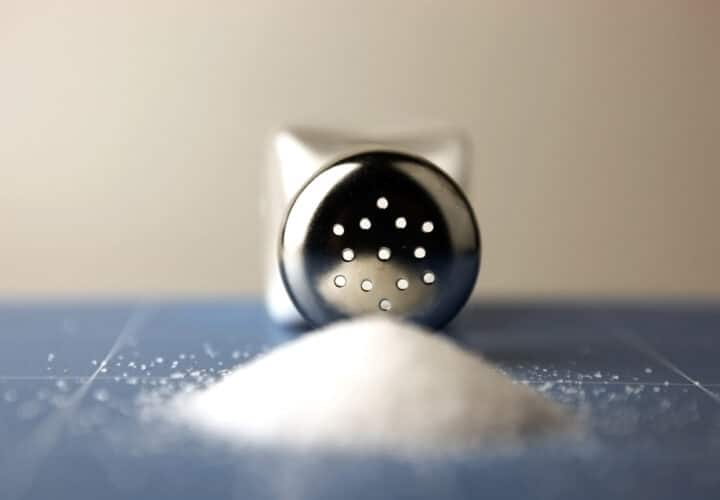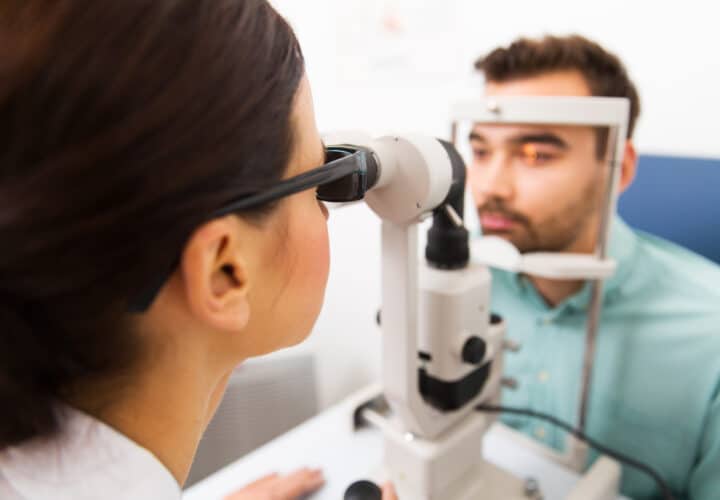A Japanese research team is questioning whether the “bugs” that live in our gut might have something to do with Alzheimer’s.
It’s not just plaques and tangles in the brain that differentiate people with dementia from cognitively normal people — a new study from Japan shows that people with dementia have different gut bacteria, too. Now, scientists are questioning whether the “bugs” in our gut might have something to do with the disease.
Researchers found that patients with dementia had a different gut microbiome than people without dementia. They analyzed the stool samples of 128 different people and found that people with dementia had higher concentrations of ammonia, indole, skatole and phenol. All are found naturally in feces, but their presence was also paired with lower levels of Bacteroides.
Bacteroides are potentially beneficial bacteria that can clear out infection-causing bacteria.
“Although this is an observational study and we assessed a small number of the patients, the odds ratio is certainly high suggesting that gut bacteria may be a target for the prevention of dementia,” said Naoki Saji, M.D., Ph.D., study author and vice director of the Center for Comprehensive Care and Research on Memory Disorders, National Center for Geriatrics and Gerontology in Japan.
The link between the microbiome and dementia has been getting a lot of attention in recent years. What was once considered a weak association is now being pursued as a potential treatment path. The gut microbiome has also been implicated in conditions like autism, with one study concluding that children with autism were more likely to have abnormal patterns of bacteria in their stool. The same was true when scientists examined schizophrenic patients.
In animal studies, research shows that mice engineered to develop Alzheimer’s had fewer of the plaques and tangles associated with the disease when they were given an antibiotic to wipe out their gut bacteria.
However, all of these studies were observational and none can prove that imbalances in the microbiome lead to Alzheimer’s. It may be that Alzheimer’s causes the imbalance, or that people with Alzheimer’s start changing their diets in a way that promotes different bacteria in the gut.
The full body of research will be presented at the American Stroke Association’s International Stroke Conference 2019, Honolulu next week.




Interestingly vitamin D levels seem to dictate, a healthy gut biome. Certainly vitamin D controls the diversity, and relative health, of the upper GI.
Vitamin D and curcumins strongly support amyloid clearance in the marine model.
To date this is the most effective way to hope to avoid AD.
There are no side effects.
It’s also essentially free to supplement, vs useless, destructive pharmaceutical prescription medication.
Vitamin D deficiency changes the intestinal microbiome reducing B vitamin production in the gut. The resulting lack of pantothenic acid adversely affects the immune system, producing a “pro-inflammatory” state associated with atherosclerosis and autoimmunity
https://www.ncbi.nlm.nih.gov/m/pubmed/27515213/
https://www.ncbi.nlm.nih.gov/m/pubmed/23966330/?i=3&from=/27515213/related
https://www.nutraingredients-usa.com/Article/2016/05/27/High-dose-vitamin-D-may-boost-diversity-of-the-gut-microbiome-Study
Planktonic proteobacteria nitrosomonas in the water supply could convert urea to ammonia in the gut! A compromised liver to deal with this ammonia could come about through heavy alcohol use.
Pancreatic amylin production could also slow motility of the gut causing constipation thereby leading to even higher levels of ammonia.
Ammonia is a well know neurotoxin!